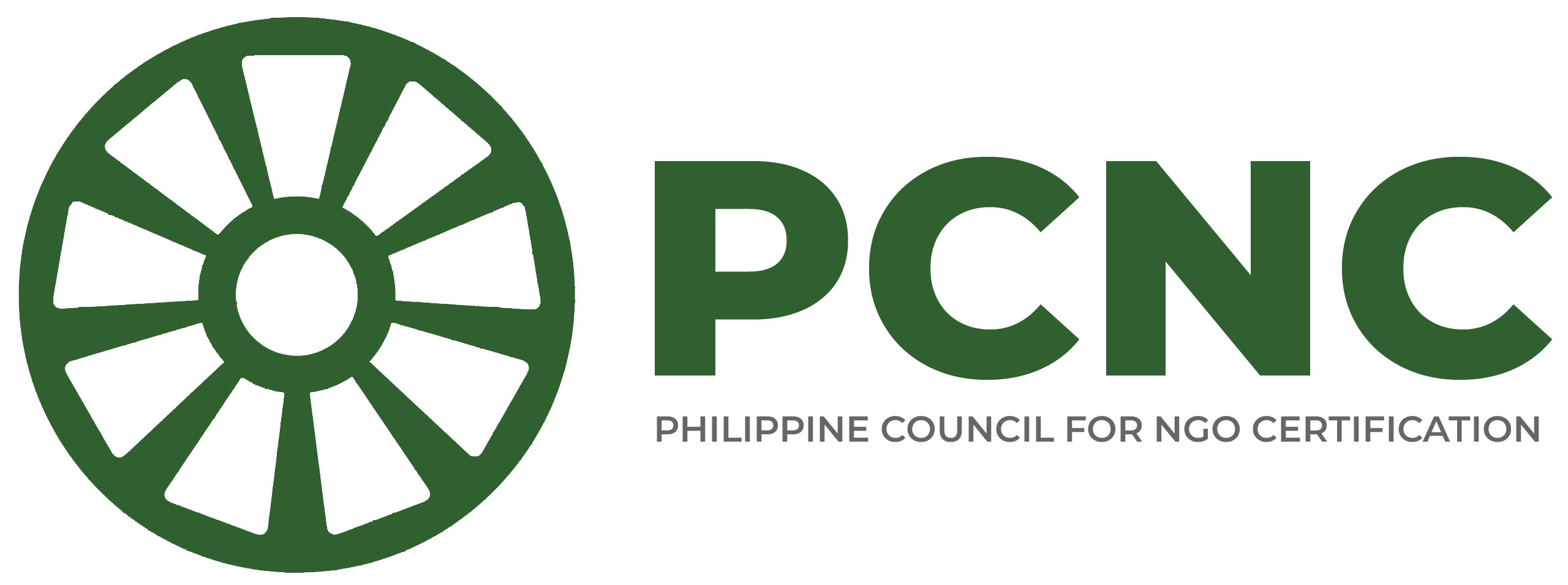Kabang Kalikasan Ng Pilipinas Foundation, Inc.
CONTACT INFO
Website
Email
teampanda@wwf.org.ph
Contact Number
(02) 920-7923
Contact Persons
Lourdina SD Caballero/Abigail Dumaup, Head-Finance & Acctg./HR & Admin Manager
,
LOCATION
Address
4th Floor JBD Plaza, 65 Mindanao Ave., Brgy. Bagong Pag-asa, 1105 Quezon City
Region
NCR (National Capital Region)
PCNC CERTIFICATION
Category
Environment/Biodiversity
PCNC Certification No.
N/A
Date Certified
N/A
Date of Expiry
11/12/2024
BIR CERTIFICATION
BIR Certification No.
006-2022
Date Certified
02/02/2022
Date of Expiry
11/09/2024

